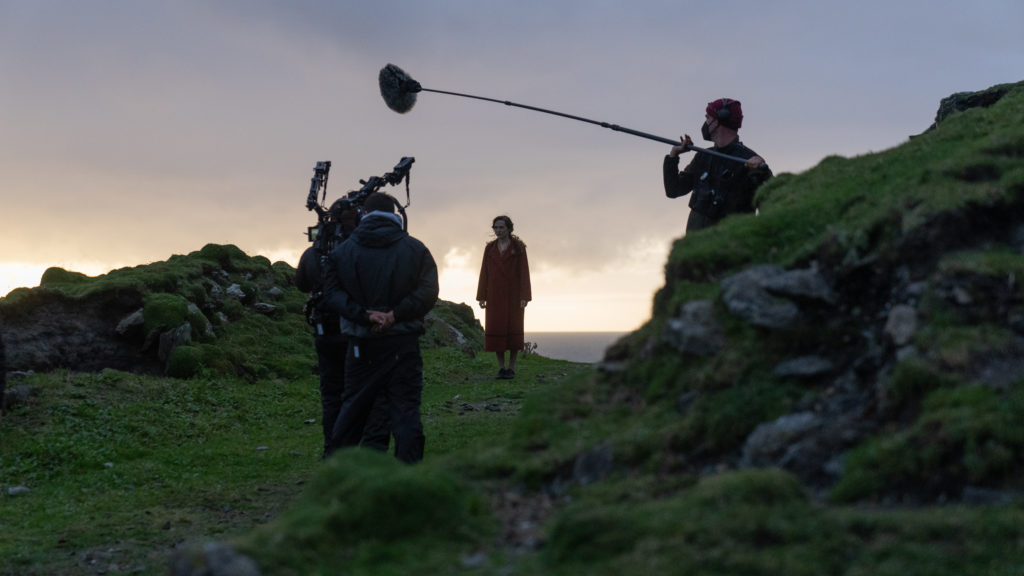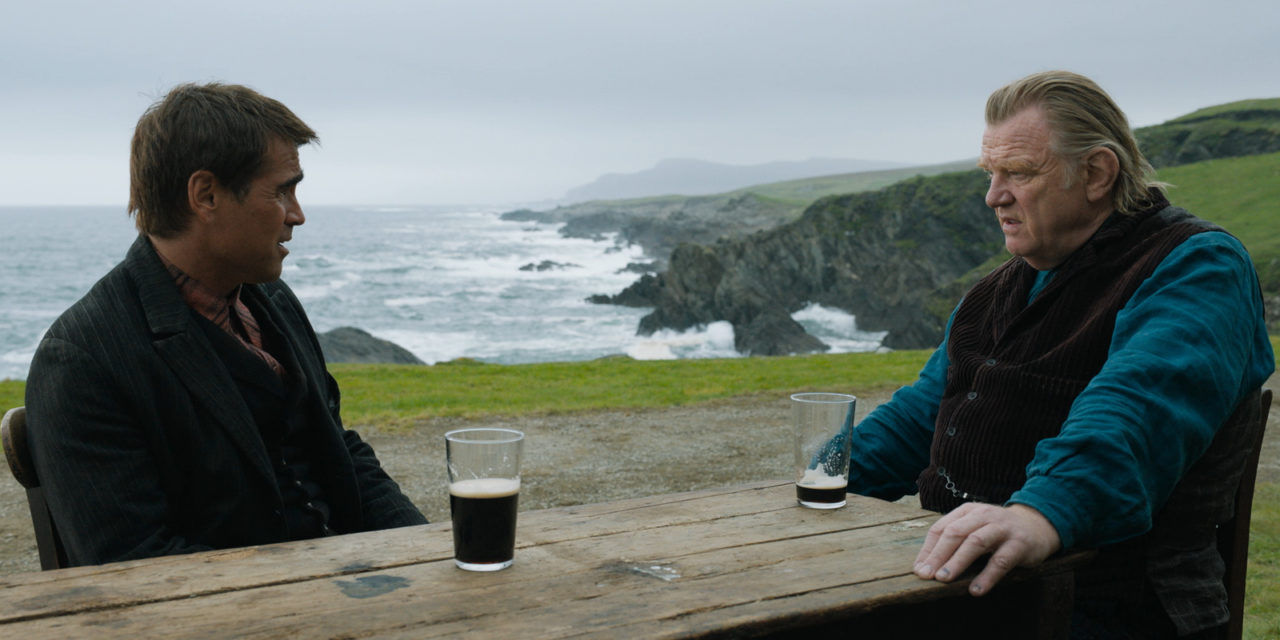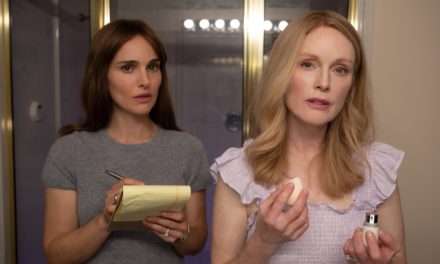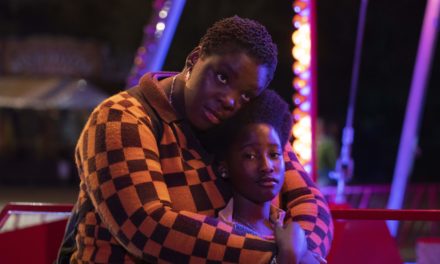Padriac is a nice but dull man. He lives with his sister and his donkey on the island of Inisherin, a small island off of Ireland where nothing much of anything happens. That is until one day his best and, by all means, only friend decides he doesn’t want to speak to him ever again. What occurs next unfolds as a kind of morality play, a folkloric tale you would perhaps tell a child to teach them something, though I’m unsure what exactly. What is immediately striking about Banshees is its spurts of sadism are without real meaning. Artistic suffering for the sake of suffering, cutting off the finger to spite the hand, so to speak. There is something quite remarkable within this, and where ‘The Banshees of Inisherin’ mostly greatly succeeds is in its nihilistic fable like construction which would leave even Samuel Becket thinking: bloody hell thats a bit full on.
The film is set at the end of march 1923. The Irish civil war is reaching its conclusion, from Inisherin you can hear the gunshots, history is happening within ear shot however out of reach. The fear of time passing easily, inconsequentially, is the predominant reason Colm gives for cutting ties with Padriac. He says he wants to focus on his fiddle playing instead of drinking bitters and discussing various cattle’s fecal matter. These men cannot emotionally digest or express what they’re going through and so the only recourse of action is to completely and catastrophically destroy themselves and sever, among other things, any deeper connections. It takes the myth of artistic suffering and reduces it to the male fantasy that it is. Beyond this is a great deconstruction of heterosexual male relationships and a very specific dynamic that is rarely put to screen in such a genuine way. The choice never to show the pair interact as friends prior is one of ingenious framing. The past becomes imagined. The two friends relationship in many ways acts as a symbol for the turmoil unfolding in Ireland as a whole, a hatred between two people that have a lot more in common than either would care to admit and who’s fierce opposition seems simultaneously unfathomable and deeply rooted.
The best moment in the film revolves around the two men sitting down to talk, each moment you’re on the edge of your seat during the most mundane conversation imaginable. This moment only works by having such stellar central performances from Colin Farrell and Brendan Gleeson, Gleeson in particular is remarkable as you are constantly searching out intentions in his face and the actor gives you just enough to reel you in without ever being able to fully solve the puzzle. Its affronting and deeply upsetting because it feels so grounded despite its ludicrous set up.

Praise must also be heaped upon McDonagh’s writing. I have been less than a fan of McDonagh’s previous work since his explosive debut with ‘In Bruges’. This is the first time I have felt a bit of development in his filmmaking talent that doesn’t feel wholly self-conscious or inauthentic. In fact, much of the material here feels very similar to his previous outing ‘Three Billboards Outside Ebbing Missouri’; the small town dynamics, the policeman foyle, the light arson. What works in Banshees that didn’t work for me in Three Billboards, however, is that here it feels like it has a purpose and is actually trying to get at something. In many ways the work feels more at home with McDonaugh’s theatrical output, the film itself somewhat completing his Aran Island’s Trilogy beginning with ‘The Cripple Of Inishmaan’ and subsequent ‘The Lieutenant Of Inishmore’ and perhaps much of the fat would have been cut if ‘Banshees’ was similarly produced, or at least conceived of, for the stage. I for one feel like it would not lose much from the exchange of mediums as most of what works is the writing and performances, with much of the cinematic qualities either being serviceable or somewhat unremarkable with exception of a couple of nice scenic shots.
“Its affronting and deeply upsetting because it feels so grounded despite its ludicrous set up. “
All the films of the London International film festival I went to this year exist within the framework of a post-pandemic cinema. However, out of all of them in this respect it is Banshees that succeeds most greatly. Not only this idea of large and often unfathomable history unfurling passively in front you but also really exploiting a social fear, that one wrong move and an innocuous social situation will end in unimaginable horror. There is also a deep loneliness that haunts the film, fears of rejection, of friendships being lost, not being able to identify something deeply wrong with yourself that will lead you to be irreconcilably alone. Needing someone more than they need you is a horrible feeling, and something that seems to be at once deeply human and rather pathetic, it leaves you squirming in your seat. Somewhat ironically, it is a viewing experience often best through ones fingers.





